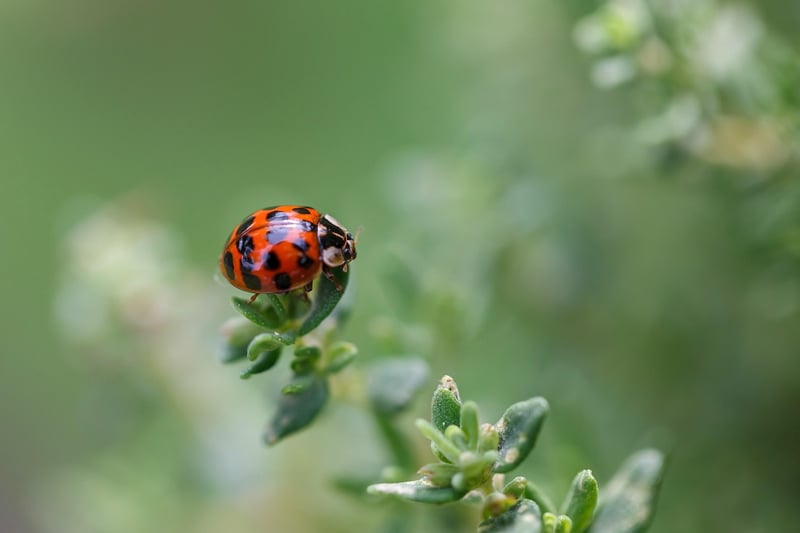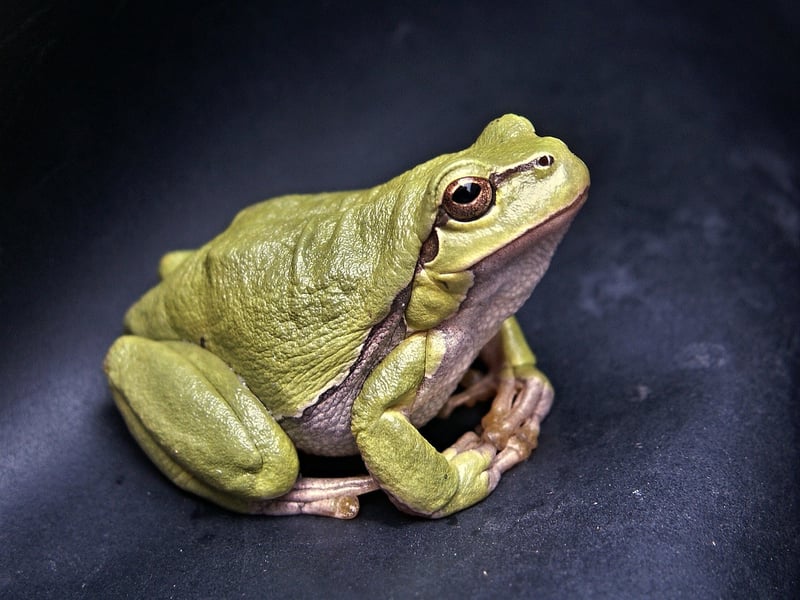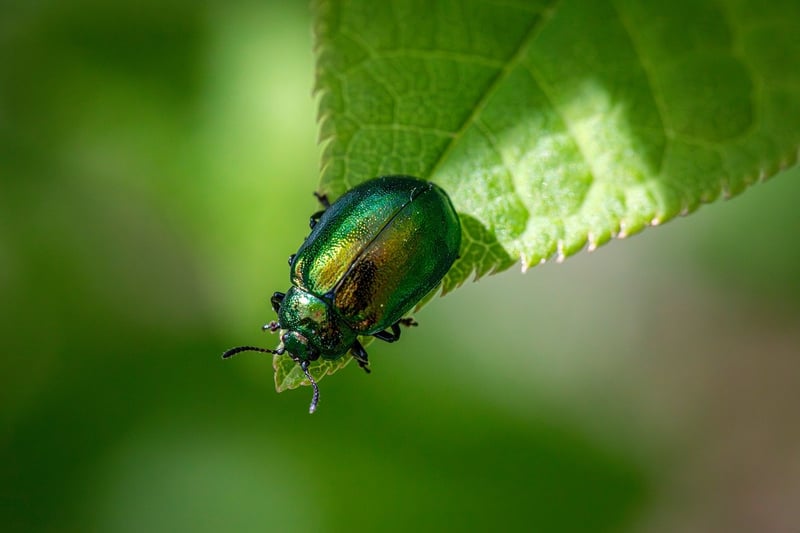Natural Pest Control
Environmentally-Friendly Gardening + Natural Pest Control
Are you looking to maintain a lush garden while also being kind to the environment? Environmentally-friendly gardening practices not only help preserve the ecosystem but also ensure a healthy and sustainable garden. In this article, we will explore some eco-friendly gardening tips and natural pest control methods that can help you achieve a thriving garden without harming the environment.
1. Use Organic Fertilizers
Opt for organic fertilizers such as compost, manure, or organic soil amendments. These natural alternatives enrich the soil, promote healthy plant growth, and reduce chemical runoff into water bodies.
2. Practice Water Conservation
Conserve water by using drip irrigation systems, collecting rainwater in barrels, and planting drought-resistant native plants. Water conservation not only helps the environment but also saves you money on your water bill.
3. Plant Native Species
Choose native plants that are well-suited to your region's climate and soil conditions. Native plants require less water, fertilizer, and pesticides, making them a sustainable choice for your garden.
4. Natural Pest Control
Combat garden pests naturally by introducing beneficial insects like ladybugs or using plant-based repellents such as neem oil or garlic spray. These methods help control pests without harming beneficial insects or contaminating the environment.
5. Companion Planting
Practice companion planting by growing compatible plant species together. This method not only maximizes space but also helps deter pests and attract pollinators, creating a balanced ecosystem in your garden.
6. Mulch for Weed Control
Use organic mulch such as straw, wood chips, or leaves to suppress weeds naturally. Mulching helps retain soil moisture, regulate temperature, and prevent weed growth without the need for chemical herbicides.
7. Maintain Healthy Soil
Healthy soil is the foundation of a thriving garden. Improve soil structure and fertility by adding compost, vermicompost, or aged manure. Healthy soil supports plant growth and reduces the need for synthetic fertilizers.
Conclusion
By incorporating these environmentally-friendly gardening practices and natural pest control methods, you can create a sustainable and thriving garden that benefits both your plants and the environment. Embrace eco-friendly gardening techniques to cultivate a beautiful garden while preserving the natural ecosystem.


References: EPA - Beneficial Insects and Other Arthropods, USDA - Soil Biology
